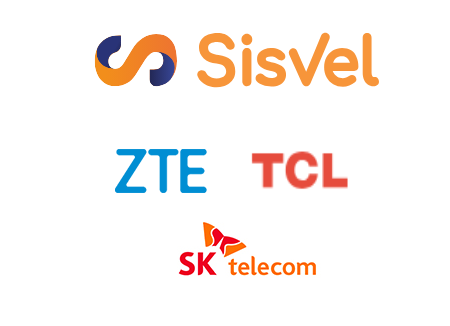Context: Last week’s Nokia-OPPO patent cross-license (note the “cross”: it’s a two-way street) and the announcement of Zenview’s Avanci Broadcast license (which also quotes a Chinese Avanci Broadcast licensor) showed that Chinese companies are both major licensors and major licensees of standard-essential patents (SEPs) (ip fray article advocating a rational approach to Chinese companies and their role in the global IP market).
What’s new: By coincidence, just within minutes of the previous ip fray article mentioning the transparent terms of Avanci’s and Sisvel’s SEP pools, the latter announced that Chinese companies ZTE and TCL as well as South Korea’s SK Telecom have joined Sisvel’s cellular IoT patent pool as licensors (corporate press release).
Direct impact: The addition of licensors means more value for licensees.
Wider ramifications: ZTE and TCL are interesting additions in the Chinese context: both are also major implementers of cellular SEPs and have been on the receiving end of various SEP lawsuits, including some of the most well-known ones.
Sisvel’s press release notes that Huawei, China Mobile, Datang and Shanghai Langbo have previously joined the same pool as licensors and are also from China.
Obviously South Korea’s SK Telecom is also a major implementer and not only a licensor.
ZTE and TCL are actually among the most prominent defendants to SEP enforcement actions:
- All SEP professionals know about Huawei v. ZTE, and there was a parallel case to Unwired Planet v. Huawei in the UK that raised essentially the same question of access to injunctive relief: Conversant v. ZTE. The cases were heard together by the UK Supreme Court.
- TCL finally settled with Ericsson in 2021, but only after their dispute had given rise to one of the most frequently cited SEP decisions by a U.S. district court, a Federal Circuit ruling concerning the right to a jury trial and a Chinese antisuit injunction. Also, TCL sued Philips and the European Telecommunications Standards Institute (ETSI) in Paris, trying to assert is right to a FRAND license agreement while Philips was enforcing some of its SEPs.
Here, both ZTE and TCL make it clear that they expect to be compensated for the use of their IP in certain cellular IoT products, but those companies (especially TCL) would hardly have joined the pool if they felt that the royalty rates were too high. When Huawei joined the pool, certain adjustments were made, in particular to enable additional applications such as printable trackers.
In the debate over the proposed EU SEP Regulation, the role that patent pools can play, also with a view to the ability of small and medium-sized enterprises (SMEs) to navigate the SEP licensing landscape, doesn’t get as much credit as would actually be due.

